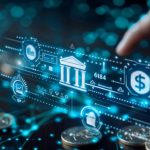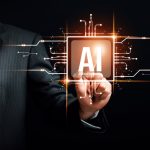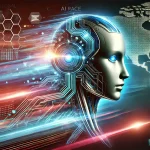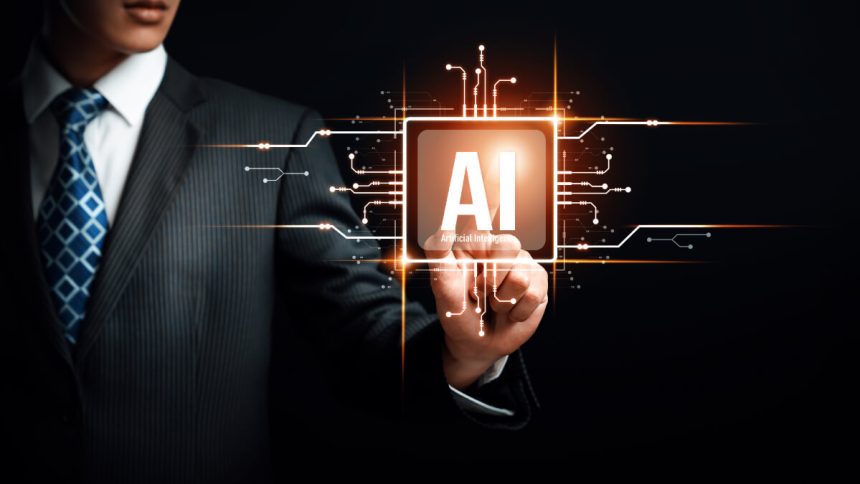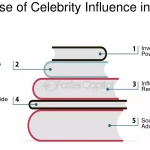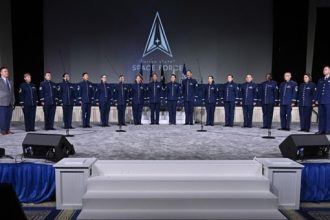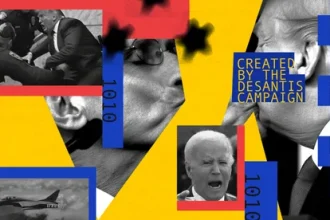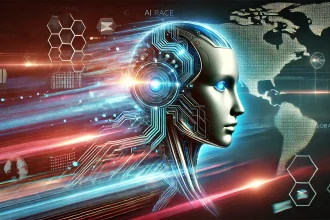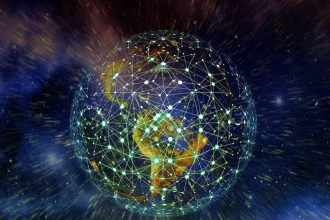The Rise of a New Global Competition
Artificial intelligence has become the defining technology of the 21st century. No longer confined to laboratories and startups, AI now shapes economies, political strategies, and even cultural movements. What once began as a quest for automation has evolved into a full-scale geopolitical race between the world’s most powerful nations. The United States, China, and Europe are competing not just for innovation but for dominance over the very systems that will govern communication, defense, and commerce for decades to come.
- The Rise of a New Global Competition
- Political Leaders and the AI Agenda
- Technology and the Celebrity Activism Wave
- Global Tensions and the Technology Divide
- The AI Economy: Job Creation or Job Crisis?
- How Social Media Shapes Tech and Politics
- The New Face of Digital Power
- The Human Side of Innovation
- FAQs
- Conclusion
This competition extends beyond governments. Technology companies — from Google and OpenAI to Baidu and Huawei — have become as influential as national institutions. Their breakthroughs in machine learning, robotics, and data infrastructure are shaping the future balance of global power.
Political Leaders and the AI Agenda
Governments across the world are now treating artificial intelligence as a matter of national security. The U.S. is pushing for AI leadership to maintain its global influence, while China’s ambitious AI 2030 plan seeks to become the world’s innovation hub. Europe, meanwhile, is focusing on ethics and regulation, attempting to build what it calls “trustworthy AI.”
Political leaders are also confronting the darker side of this technological boom — deepfakes, misinformation, and the weaponization of data. The rise of generative AI tools has made it easier to spread propaganda or manipulate public sentiment, making elections vulnerable to digital interference. In response, countries are setting up AI governance councils and cybersecurity frameworks to safeguard their democratic institutions.
Technology and the Celebrity Activism Wave
Interestingly, celebrities have emerged as unexpected voices in the global AI debate. From Elon Musk’s warnings about unchecked AI to artists like Billie Eilish and Keanu Reeves advocating for ethical tech practices, the entertainment industry is influencing how the public perceives digital progress.
Hollywood’s growing relationship with AI has created both excitement and tension. The recent film industry strikes over AI-generated scripts and performances revealed deep concerns about creative ownership. Actors fear that studios could use their digital likenesses indefinitely, while musicians worry about synthetic voices replacing authentic talent.
At the same time, some celebrities have embraced technology as an ally. Robert Downey Jr. has launched environmental tech initiatives, while will.i.am continues to explore AI-driven music innovation. Their involvement demonstrates how cultural figures can shape the moral and creative dimensions of the tech world.
Global Tensions and the Technology Divide
Beyond entertainment, the global AI race has created sharp divisions between nations. As Western countries focus on privacy, open markets, and human rights, authoritarian regimes prioritize control and surveillance. China’s use of facial recognition and predictive policing technology has drawn criticism from global watchdogs. Yet, these same tools have also fueled China’s economic efficiency and global competitiveness.
In developing nations, the challenge is different. Many countries in Africa, South America, and Southeast Asia lack the infrastructure to compete technologically. This disparity risks creating a digital class divide — where nations without AI access remain economically stagnant. International organizations are now calling for equitable tech development, emphasizing education, infrastructure, and digital literacy as keys to inclusion.
The AI Economy: Job Creation or Job Crisis?
One of the most pressing questions is how automation will impact employment. AI promises efficiency but also threatens millions of traditional jobs. Economists predict that over 30% of existing roles could be replaced by automation by 2035. Yet, new opportunities are emerging in AI engineering, cybersecurity, data science, and creative content development.
Companies like Amazon, Tesla, and Microsoft are leading this transformation by integrating robotics and machine learning into logistics, manufacturing, and cloud computing. Meanwhile, startups are using AI to power healthcare diagnostics, financial modeling, and education tools — reshaping entire industries from the ground up.
The world stands at a crossroads: Will AI create a smarter, more efficient workforce, or will it deepen inequality and unemployment? The answer depends on how governments, businesses, and educators adapt to this technological shift.
How Social Media Shapes Tech and Politics
Social media remains the battleground where technology, politics, and celebrity influence collide. Platforms like X (formerly Twitter), Instagram, and TikTok not only spread information but also shape public opinion. Political movements, from climate activism to social justice campaigns, now rely on viral engagement.
Celebrities amplify these messages, turning causes into global phenomena. When influential figures like Leonardo DiCaprio, Taylor Swift, or BTS speak on issues such as climate change or human rights, their posts reach audiences that traditional news outlets cannot.
But this power comes with responsibility. Misleading statements, deepfakes, or algorithmic manipulation can quickly distort facts. Governments are urging social platforms to strengthen moderation systems and verify content authenticity, but the struggle between free expression and digital safety continues.
The New Face of Digital Power
Technology is no longer neutral — it has become a tool of global influence. Nations use AI to predict economic trends, manage surveillance, and even craft foreign policy strategies. Private corporations have gained enormous power, sometimes rivaling state institutions. Tech billionaires like Musk, Zuckerberg, and Bezos wield global influence comparable to presidents and diplomats.
This raises important questions about accountability. Who governs technology when tech itself governs so much of human life? As artificial intelligence continues to evolve, it could reshape concepts of democracy, privacy, and human autonomy. The digital age is forcing society to reconsider what power means — and who gets to wield it.
The Human Side of Innovation
Amid the rise of automation and digital dominance, the human element remains essential. Engineers, policymakers, and creators must ensure that technology serves humanity rather than replacing it. Emotional intelligence, creativity, and ethics will be the most valuable assets in the AI-driven economy.
Educational systems around the world are adapting, focusing on STEM programs and AI literacy. Yet, experts stress that empathy, culture, and art are just as vital. In a world increasingly ruled by algorithms, maintaining a human touch might be the ultimate form of innovation.
FAQs
How is AI influencing global politics?
AI is shaping defense systems, election security, and international policy decisions, making technology a core part of global strategy.
Can celebrities impact the tech industry?
Yes, celebrity investors and activists often raise awareness about ethical technology use and influence public sentiment toward innovation.
Which countries are leading the AI race?
The United States, China, and European nations currently lead in AI research, infrastructure, and policy development.
Will AI replace human jobs completely?
Not entirely. While automation will replace certain roles, new opportunities in AI development, ethics, and maintenance will emerge.
Is social media affecting political discourse?
Yes, social platforms shape global narratives and often serve as tools for activism, propaganda, and digital diplomacy.
Conclusion
The intersection of artificial intelligence, global politics, and celebrity influence defines the modern era. Technology has become a battlefield, a marketplace, and a stage for cultural expression all at once. From Hollywood to Beijing, innovation is now intertwined with identity, ideology, and ambition.
As the world advances toward an AI-driven future, the challenge will be to balance progress with purpose. Humanity must ensure that technology remains a servant of society — not its master. The digital revolution is rewriting power, culture, and communication, and its outcome will depend on how wisely the world manages its greatest creation: intelligence itself.



